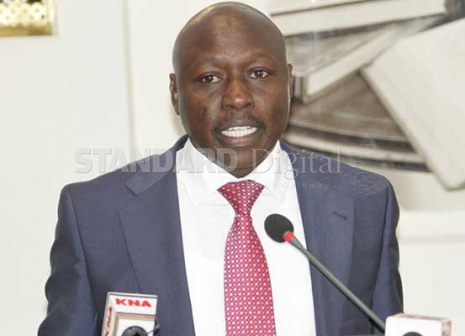×
The Standard e-Paper
Fearless, Trusted News

Kenya Power may struggle to meet its short-term obligations after it sunk into negative working capital of Sh9.97 billion despite posting a marginal rise in profits.
The firm, which recorded two million new customers in the financial year ending June 30, also had a Sh1.2 billion negative cash flow in its books.